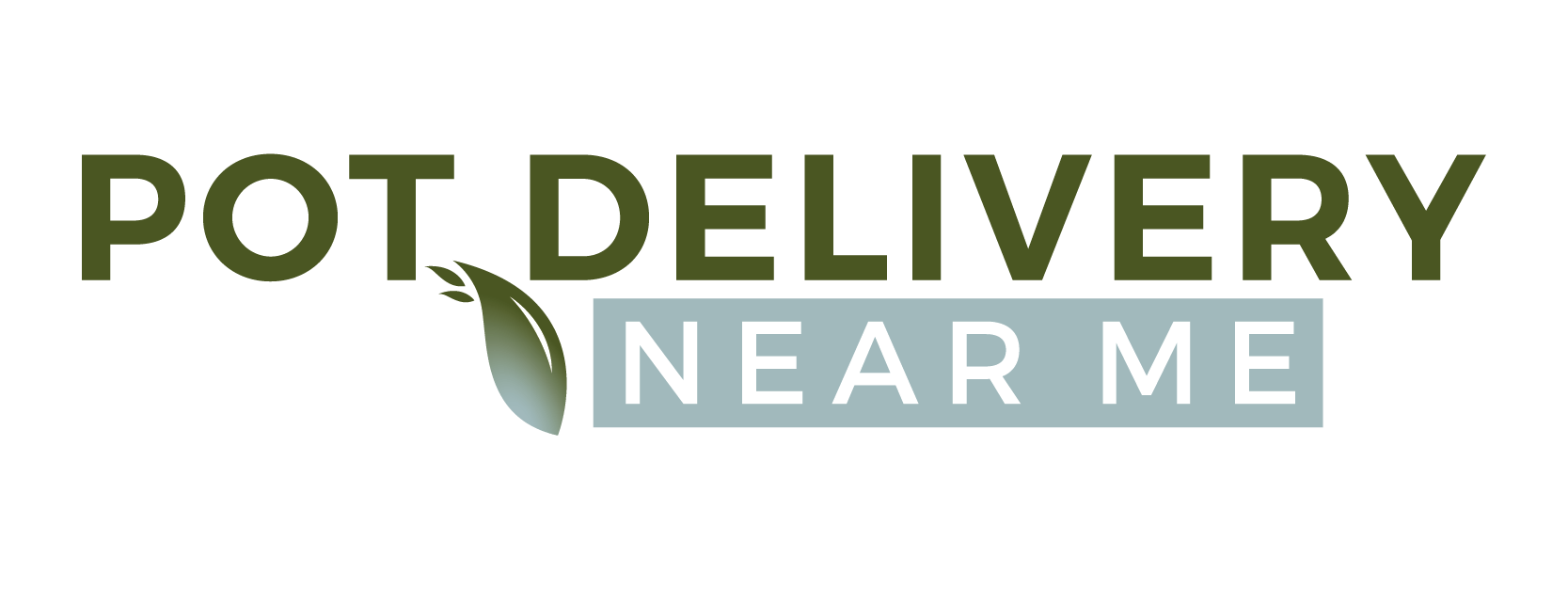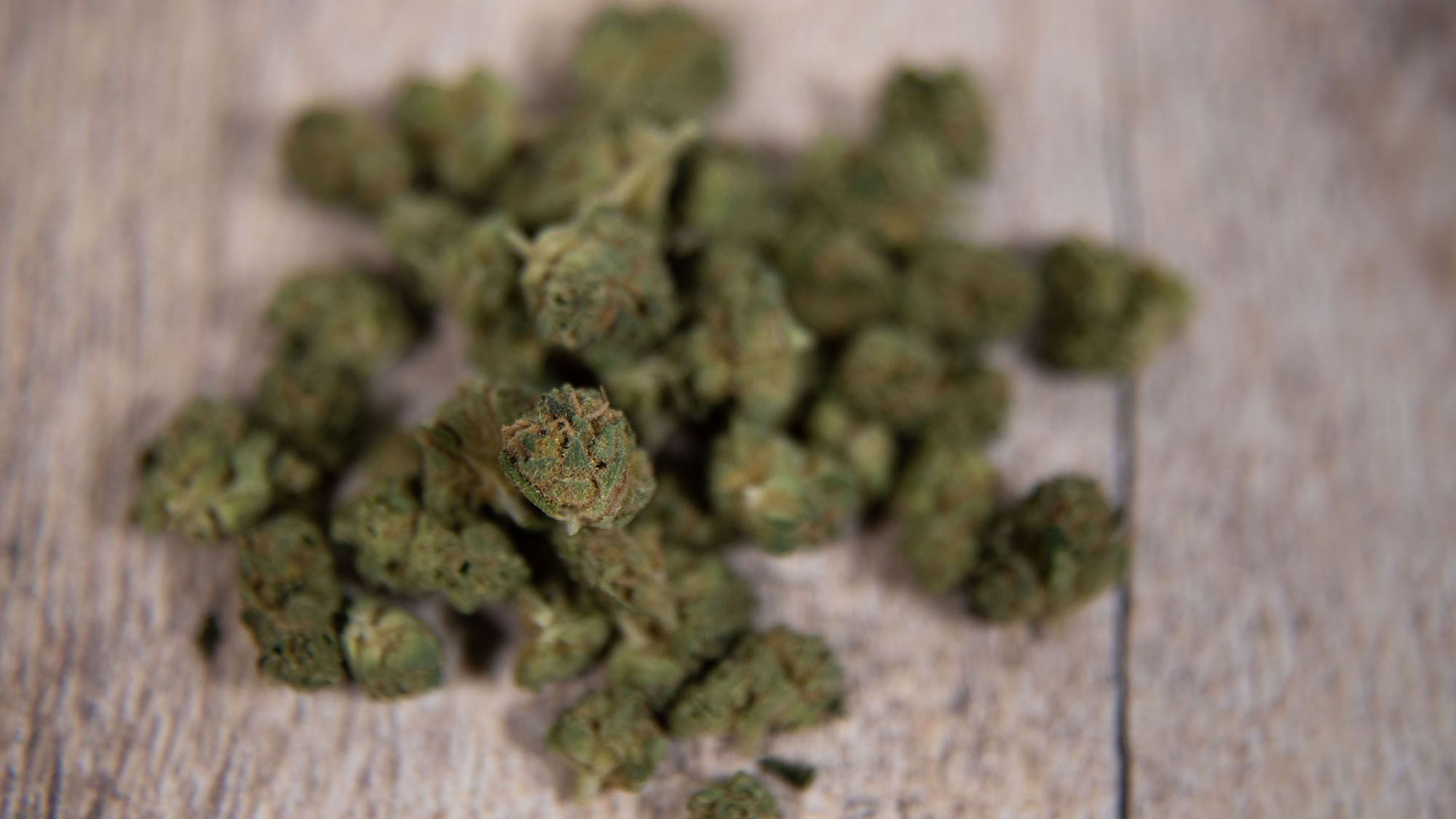As of May 2025, several countries have made significant strides in cannabis legalization, reflecting a global shift towards more progressive drug policies. This article highlights the nations that have recently legalized or decriminalized cannabis, detailing the scope and implications of these changes.
Germany: Legalization of Recreational Cannabis
In April 2024, Germany enacted the Cannabis Act (Cannabisgesetz), legalizing the possession and cultivation of cannabis for adults. Key provisions include: Wikipedia
- Adults aged 18 and over may possess up to 25 grams of cannabis in public and up to 50 grams at home:
- Individuals are permitted to cultivate up to three cannabis plants for personal use.
- Non-profit cannabis social clubs, with a maximum of 500 members, became legal in July 2024: Wikipedia
This legislation positions Germany as the third European Union country to legalize recreational cannabis, following Malta and Luxembourg: Euronews
Switzerland: Advancing Towards Legalization
Switzerland has been piloting regulated cannabis sales in select cities since 2021. In February 2025, the Social Security and Health Commission of the National Council adopted a draft bill to legalize recreational cannabis. The proposed law would allow adults to: Harris Sliwoski LLP, Wikipedia
- Grow up to three cannabis plants for personal use.
- Purchase cannabis from licensed non-profit outlets: Wikipedia
The bill aims to reduce the illicit market and ensure consumer safety, with sales tracked electronically.: Wikipedia
Ukraine: Legalization of Medical Cannabis
In December 2023, Ukraine’s parliament passed legislation legalizing medical cannabis for specific medical conditions, such as cancer and post-traumatic stress disorder (PTSD). The law allows for: Summer Proud
- The cultivation and production of cannabis-based medicines.
- Prescription of medical cannabis by licensed healthcare providers.
This move is seen as a significant step in aligning Ukraine’s drug policy with European standards: Harris Sliwoski LLP
Cayman Islands: Decriminalization of Cannabis Possession
On April 30, 2025, the Cayman Islands held a non-binding referendum in which 60.4% of voters supported the decriminalization of cannabis possession for personal use. The approved measure entails: Wikipedia
- Decriminalizing the possession of small amounts of cannabis: Aiden Gratton
- Implementing fines instead of criminal charges for minor possession offenses.
The government is expected to draft legislation reflecting the referendum’s outcome.
Thailand: Clarifying Cannabis Regulations
Thailand decriminalized cannabis in 2022, leading to a surge in recreational use. In response, the government announced plans in July 2024 to legislate cannabis strictly for medical and research purposes, aiming to: Reddit, Reuters
- Regulate the cultivation and distribution of cannabis for medical use.
- Prohibit recreational use while supporting the medical cannabis industry.
This approach seeks to balance public health concerns with economic opportunities in the cannabis sector.
Global Overview
The global trend towards cannabis legalization and decriminalization continues to gain momentum. Countries are adopting diverse approaches, from full legalization to medical-only frameworks, reflecting varying cultural, political, and public health considerations.
As of 2025, notable developments include:
- Germany: Legalization of recreational cannabis for adults.
- Switzerland: Progress towards legalizing recreational cannabis through draft legislation: Wikipedia
- Ukraine: Legalization of medical cannabis for specific conditions: Harris Sliwoski LLP
- Cayman Islands: Public support for decriminalizing cannabis possession.
- Thailand: Legislative efforts to define cannabis use strictly for medical purposes.
These changes signify a broader acceptance of cannabis use under regulated conditions, with an emphasis on public health, safety, and economic considerations.






